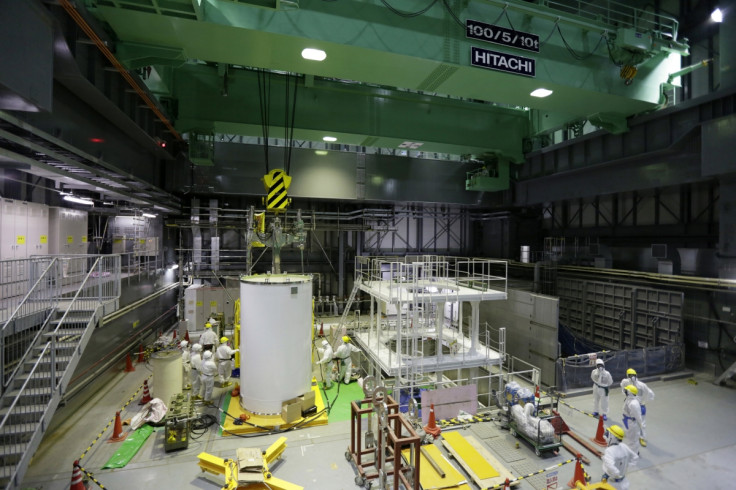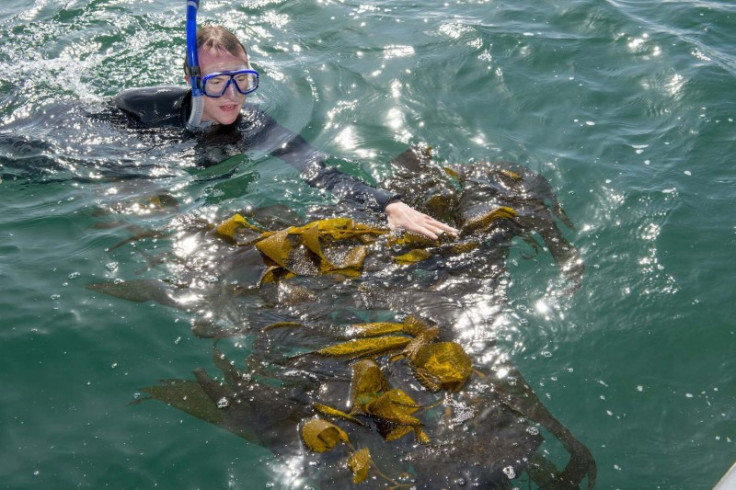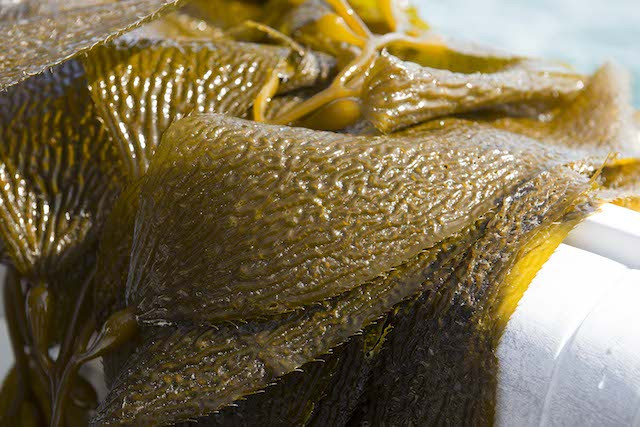US West Coast Kelp Safe from Fukushima Radiation – For Now

The US west coast is safe from ocean-borne radiation from Fukushima on the opposite side of the Pacific, scientists have said.
Researchers found that kelp on the west coast shoreline has shown no signs of radiation in analysis of the first selection of samples in Kelp Watch 2014.
The project uses coastal kelp beds as detectors of radioactive seawater arriving from Fukushima through the North Pacific Current.

Samples of the seaweed were collected between 24 February and 14 arch. Research suggested that radiation from the Fukushima disaster in 2011 would reach the US west coast in April this year.
Presenting the research, Ken Buesseler, a chemical oceanographer at the Woods Hole Oceanographic Institution, said: "The models show it will reach north of Seattle first, then move down the coast."
Steven Manley, marine biology professor at California State University, Long Beach, who is in charge of Kelp Watch 2014, said: "Our data does not show the presence of Fukushima radioisotopes in west coast giant kelp or bull kelp.
"These results should reassure the public that our coastline is safe, and that we are monitoring it for these materials. At the same time, these results provide us with a baseline for which we can compare samples gathered later in the year."

Kelp samples were taken from 38 of the 44 sites originally identified as being at risk of radiation, from Alaska to California.
"The samples of greatest concern were those from the north, Alaska to Washington state, where it is thought the radioactive water will first make contact with North America," Manley said. "The telltale isotopic signature of Fukushima, Cs-134, was not seen, even at incredibly low detection limits."
The second of the three 2013 sampling periods is due to begin in July. Researchers will also continue to update their findings as more samples are analysed, including some from Canada.
"Because the Pacific Northwest may be ground zero for its arrival, we will be receiving monthly samples from the west and southern coastline of Vancouver Island," Manley said. "One of the goals of Kelp Watch 2014 is to keep the public informed, to let them know we are on top of this event, and to document the amount of Fukushima radiation that enters our kelp forest ecosystem."
© Copyright IBTimes 2025. All rights reserved.






















